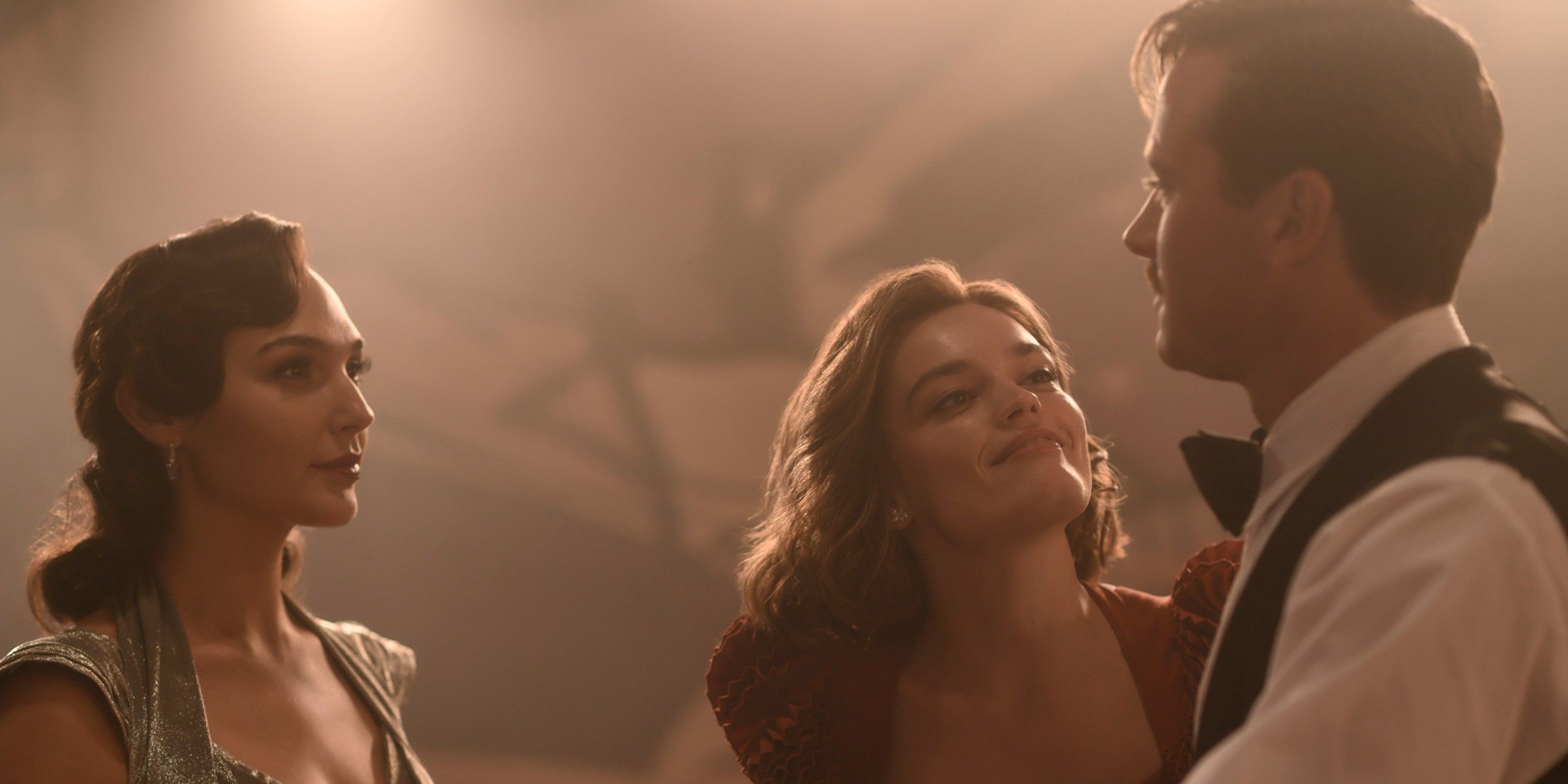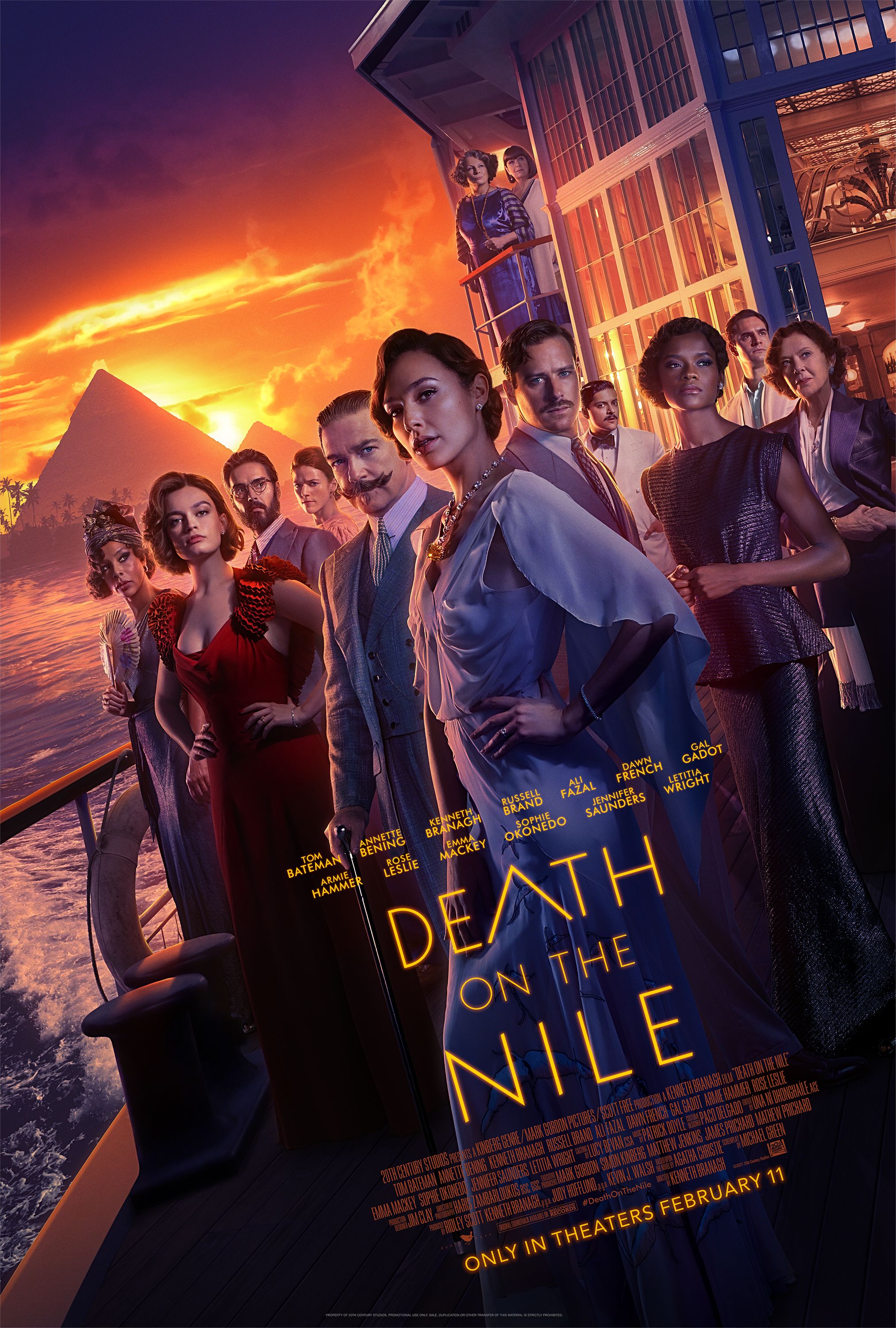Both the marketing for Kenneth Branagh's Death on the Nile and Murder on the Orient Express make use of non-period-appropriate music - but why? Branagh's adaptation of Agatha Christie's classic mystery novel, Murder on the Orient Express, drew mixed reactions upon its release in 2017, with critics praising its decadent production values yet taking issue with many of Branagh's creative choices as the film's director-star (most pointedly, the giant mustache he donned to play Hercule Poirot and underuse of his talented ensemble). Regardless, it struck a chord with audiences and turned a healthy profit for Fox, earning more than six times its $55 million budget at the box office.
For the sequel, Branagh had turned to adapting Christie's book Death on the Nile, a story that follows the Belgian detective extraordinaire Poirot as he tries to solve a murder-mystery while taking a trip down the Nile aboard a steamer near Cairo. The film was still in pre-production when Disney finalized its purchase of Fox's movie and TV assets in March 2019, but managed to avoid being axed in the aftermath, and is currently slated to open in late October. And while the continuing coronavirus pandemic raises serious doubts about its ability to keep that date, Disney is pressing full speed ahead with its marketing in the meantime.
Much like the trailer for Murder on the Orient Express made the eyebrow-raising decision to use Imagine Dragons' "Believer", the newly-unveiled Death on the Nile trailer makes equally (weird?) use of Depeche Mode's synthesizer-heavy 1990 single "Policy of Truth". In both cases, these distinctly contemporary songs choices are curiously appropriate for what these films are about. "Believer", for example, is about overcoming adversity in order to enter a better mental health space (as Poirot does in Murder on the Orient Express), whereas "Policy of Truth" is about learning to live with the consequences of what you choose to reveal about yourself, be it the truth or a lie (something all too applicable to a tale of murder and deceit like Death on the Nile).
Thematic relevance aside, these songs were presumably chosen because they make these films seem less like stuffy highbrow literary adaptations intended primarily for older audiences, and closer to something other people might want to check out. Whether anyone genuinely expects (much less wants) an Agatha Christie retelling to be "hip" based on its trailer is certainly up for debate. Regardless, this marketing approach helped to deliver the desired results with Murder on the Orient Express, so it's not so surprising to see it carried over to Death on the Nile, in the hopes of leading to a similar turnout at the box office (and maybe even more sequels down the road).
Whereas Murder on the Orient Express was regarded as being a potential awards season contender ahead of its release, it's clearer now that Branagh's Hercule Poirot movies are going for broader commercial appeal over prestige. In addition to its choice of song, the Death on the Nile marketing leans into this idea by playing up its star-studded cast, with its trailer focusing heavily on the cast's A-listers Gal Gadot and Armie Hammer, as well as young up and comers like Emma Mackey (Sex Education) and Letitia Wright (Black Panther). Admittedly, it's still a little strange to see footage from an early 20th century period piece accompanied by such distinctly anachronistic music, but there's also no denying it leaves an impression (which appears to be the entire point).



